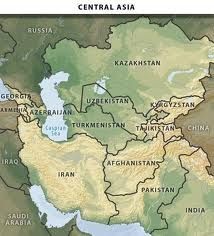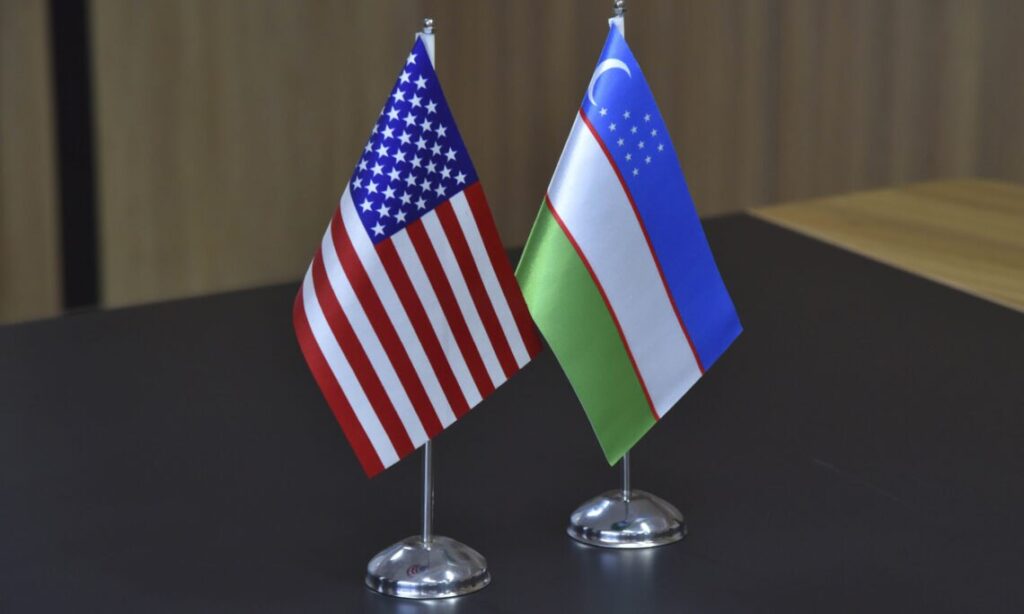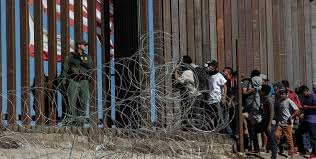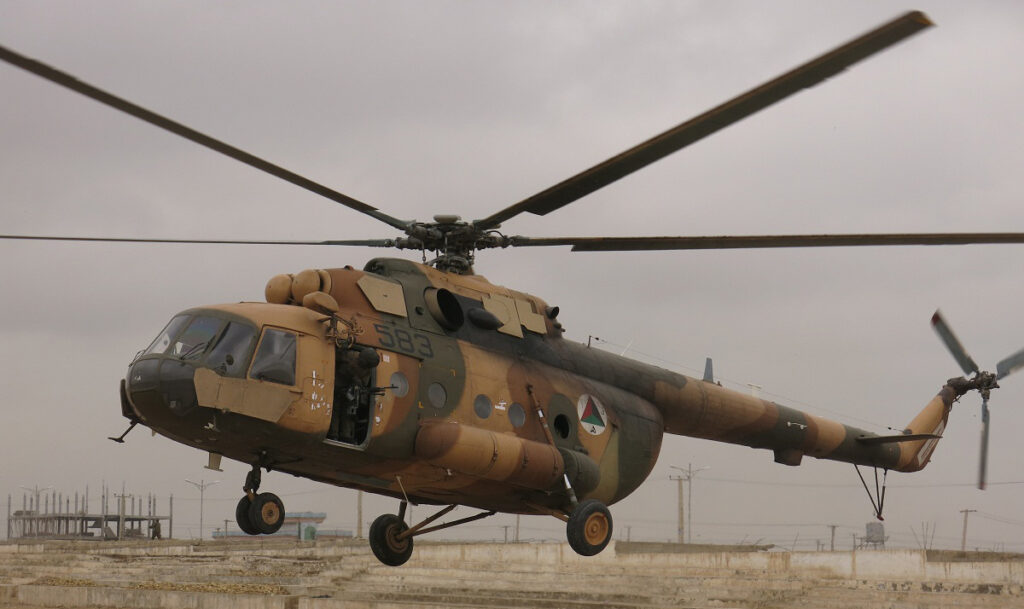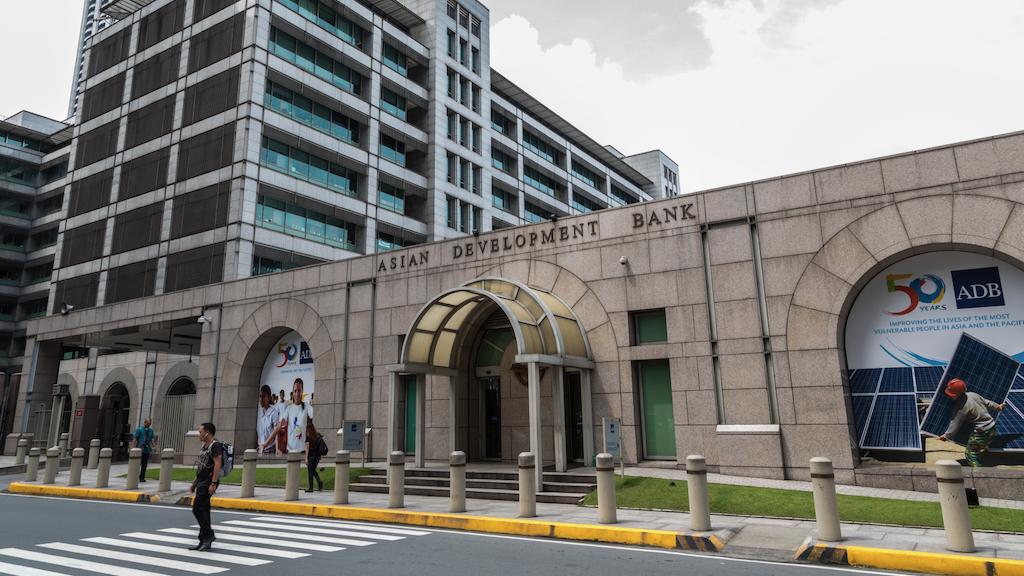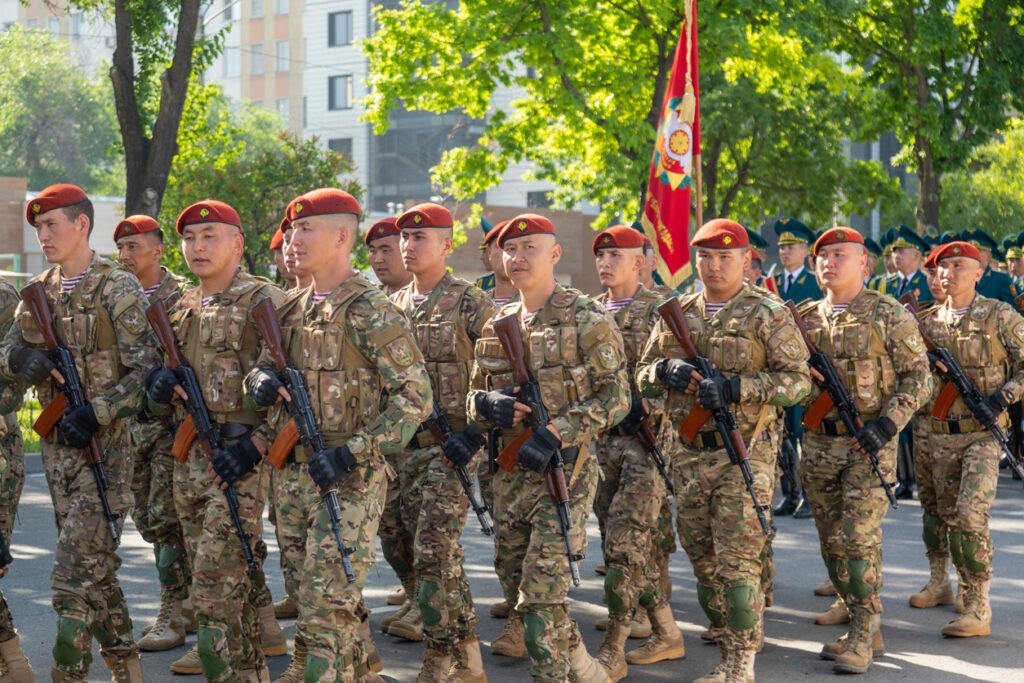OSH, Kyrgyzstan (TCA) — Known as the battleground of the USA’s “longest war”, America seems committed to keep its foothold in the war-torn Central Asian state for an indefinite number of years to come, and to send even more troops in to strengthen its grip on the turbulent country and its population.
The argument that apart from the much-feared Taliban it is Daesh (the Islamic State) that needs to be neutralized now has been widely received. Regretfully most Central Asian former Soviet republics are keeping silent on the issue although a large number of Daesh militants in Afghanistan consist of those republics’ nationals.
‘Geopolitical influence in all directions’
But is it all really about Daesh and its Taliban and other allies? Little effort has been made so far to evict the most feared terror group in the world from its new stronghold, the notorious hideout of Tora-Bora. The hideout, made by impenetrable underground complex, was previously used by Osama bin-Laden to prepare his attacks against the USA, and in April this year was ceded to Daesh without either US troops or the Afghan government bothering about it.
Many observers note that there are plenty of other reasons for the USA to preserve its position in Afghanistan. “Afghanistan conveniently borders Iran, Pakistan, Turkmenistan, Uzbekistan, Tajikistan, and even China,” one comment by Tony Cartalucci, a contributor to the Canada-based world peace-oriented NGO Global Research was to read. “A permanent US military presence in Afghanistan and control over the regime in Kabul gives the US a springboard for direct and indirect geopolitical influence – including military operations – in all directions. Evidence indicates that exploiting this strategic foothold in this manner has already long-ago begun.”
Political interference
Instrumental in this policy, here in Central Asia as in other parts of the world, is the ability to interfere in political activities of neighboring countries. Among the targets is the southwestern Pakistani province of Baluchistan, which comprises almost half of the country’s entire territory. Here, an independence movement has been active since the days of Mahatma Gandhi, which became an acute threat under PM Zulfikar Ali Bhutto.
Baluchistan borders Iran to the west and Afghanistan to the north. A secession would mean that Pakistan loses an important commodity resource (cereals and natural gas in particular) and that China loses its link to the ocean deep-sea port of Gwadar.
Hidden agreements
In early 2010, not long before the downfall of Kyrgyzstan’s regime of Kurmanbek Bakiyev and his family, the latter had patronized a meeting between the Iranian terrorist leader Abdomalek Rigi, head of the Jundullah group which targets Tehran’s clergy-dominated regime, and US veteran diplomat Richard Holbrooke, at the US airbase Manas near Bishkek.
According to Iranian and a number of American media, Rigi had been promised by CIA agents in his hideout in Dubai that the USA was ready not just to support his movement with arms and cash, but also to allow him a “protected” base “near the border with Iran. From there Rigi could mobilize ethnic Azeris, Kurds, Turkmens and Arabs within Iran’s territory to rise against Tehran. The scheme came to naught: on its way to Kyrgyzstan, Rigi’s plane was forced to land, the culprit arrested and months later executed.
Central Asian nationals ‘coming home’
Taliban forces have virtually occupied much of the Kunduz province, bordering Tajikistan and Uzbekistan. Afghan government forces have been unable to oust them, and the only ones capable of doing so are local warlords, supported by ethnic Uzbeks, Tajiks, Kyrgyz and Turkmens. They are fighting their own kin, since Daesh, with support of the Taliban, counts thousands of Central Asian nationals, hardened in Syria and Iraq and now “coming home”. Together with criminal gangs in their countries they control the lucrative narcotics trade with the rest of the CIS.
American presence in Afghanistan
Recently, media in India quoted retired US Army chief of staff and Bush-adept Larry Wilkerson as stating: “What we have seen right now is a begging of the new great game that it involves China, it involves Russia, it involves the United States and it involves all those people who get in the way in Central Asia. The United States will probably be in Afghanistan, I have said repeatedly, for the next fifty plus years. Because it is the only place geographically speaking in that region from which the United State with high military power can affect China’s One Belt One Road.”
A new face for a dirty war
The face of that “military power” may well be due to change, though. Starting in spring this year, the name of paramilitary mobster Erik Prince, CEO of the private military firm Academi, previously called Blackwater, has popped up regularly in connection with Afghanistan. According to US news reports, Trump has been toying with the idea to replace American frontline troops on the ground in Afghanistan by Prince’s private units, not accountable to US legal and governmental institutions and able to carry out a “dirty war” in Afghanistan, using smuggling rings, local armed gangs and individual thugs for their purposes. Should this happen, Central Asia is poised to be in even greater danger than it is today.
